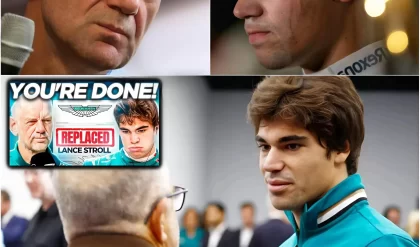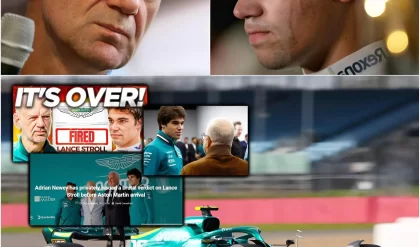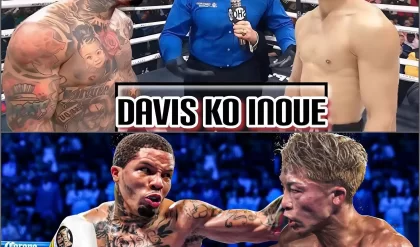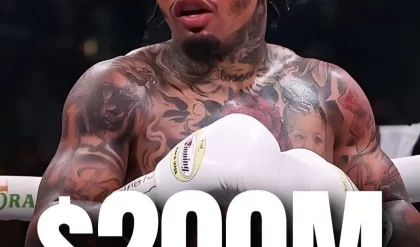Dale Earnhardt Jr. Responds to Austin Hill’s No-Help Claims with Bold NASCAR Strategy Insights
The high-octane world of NASCAR is no stranger to drama, and the latest chapter unfolded at Daytona International Speedway, where tensions between Dale Earnhardt Jr. and Austin Hill ignited a fiery debate. Following the Xfinity Series race on August 22, 2025, Hill, a Richard Childress Racing driver, called out Junior Motorsports (JRM) for allegedly refusing to assist him on the track. Earnhardt, a NASCAR legend and co-owner of JRM, didn’t let the accusation slide. His response, delivered with a blend of candor and strategic insight, has sent ripples through the racing community, sparking conversations about loyalty, strategy, and the unwritten rules of superspeedway racing.
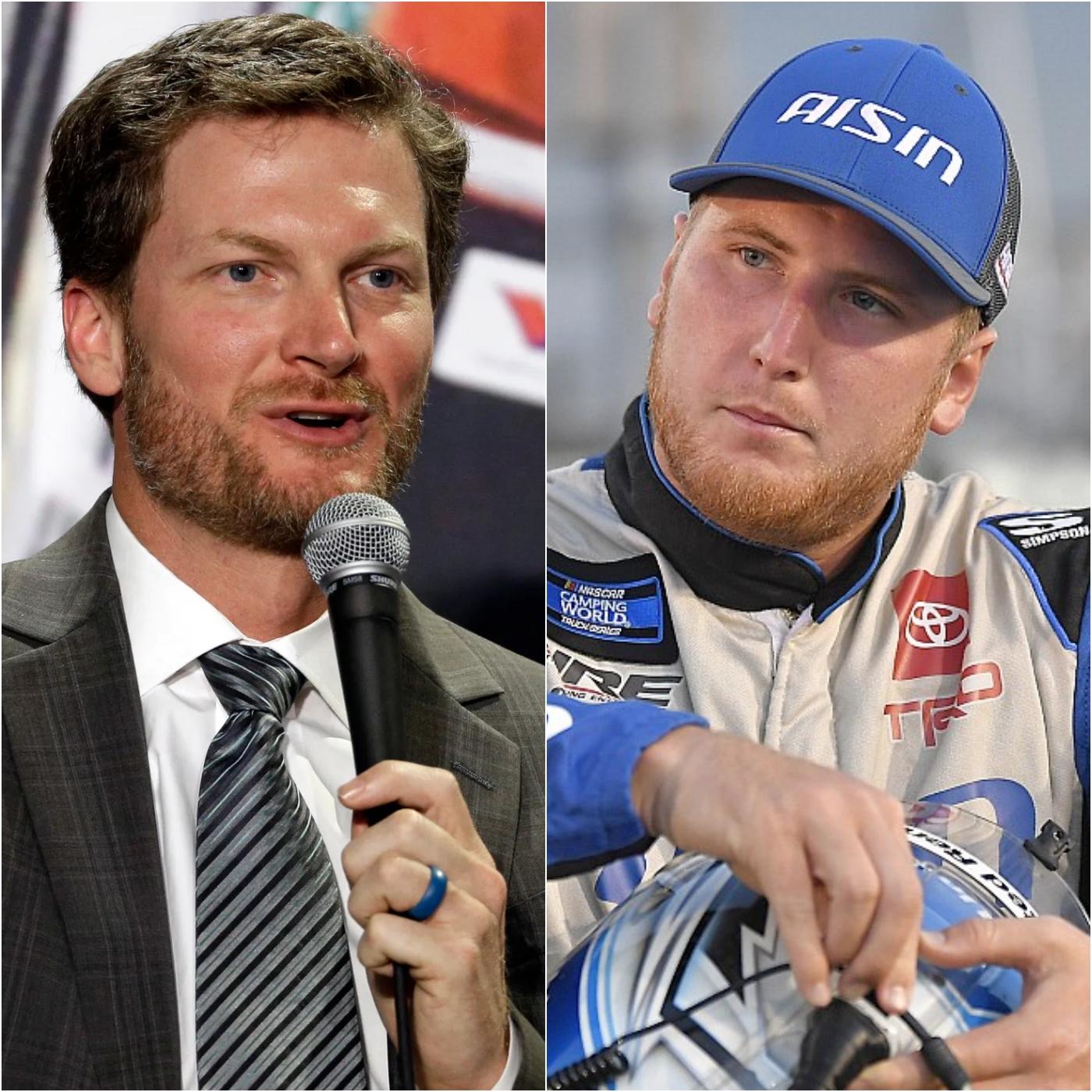
The controversy began when Hill, a dominant force at Daytona with three career wins and two pole positions, voiced his frustration after a race-ending crash dropped him to 25th place. Despite starting strong in fourth and maintaining a top-five position through the first two stages, Hill’s race unraveled during the final restart. In a post-race comment to Motorsports.com, he didn’t hold back, stating, “We never have the JRM cars help us. Doesn’t matter if they’re Chevy alliance or not. They don’t help us at all. They’d rather work with a Toyota or Ford than us. We already know that our backs are against the wall with the JRM cars.” The accusation was a direct jab at Earnhardt’s team, implying a lack of manufacturer loyalty within the Chevrolet camp.
Earnhardt, never one to shy away from a challenge, addressed Hill’s claims head-on during the latest episode of his Dale Jr. Download podcast. His response was not just a defense but a masterclass in NASCAR strategy, revealing the calculated reasoning behind JRM’s on-track decisions. “With all due respect to Austin Hill, he’s got the best track record in the Xfinity Series at Daytona, Talladega,” Earnhardt said. “I tell my guys, ‘Listen, if you want to run second, help Austin Hill. He’s f***ing hard to get around.’” His blunt assessment reframed Hill’s accusation as a matter of cold, hard math rather than personal betrayal. For Earnhardt, assisting Hill—a driver known for his superspeedway prowess—would mean jeopardling the chances of JRM’s own drivers to secure a victory.
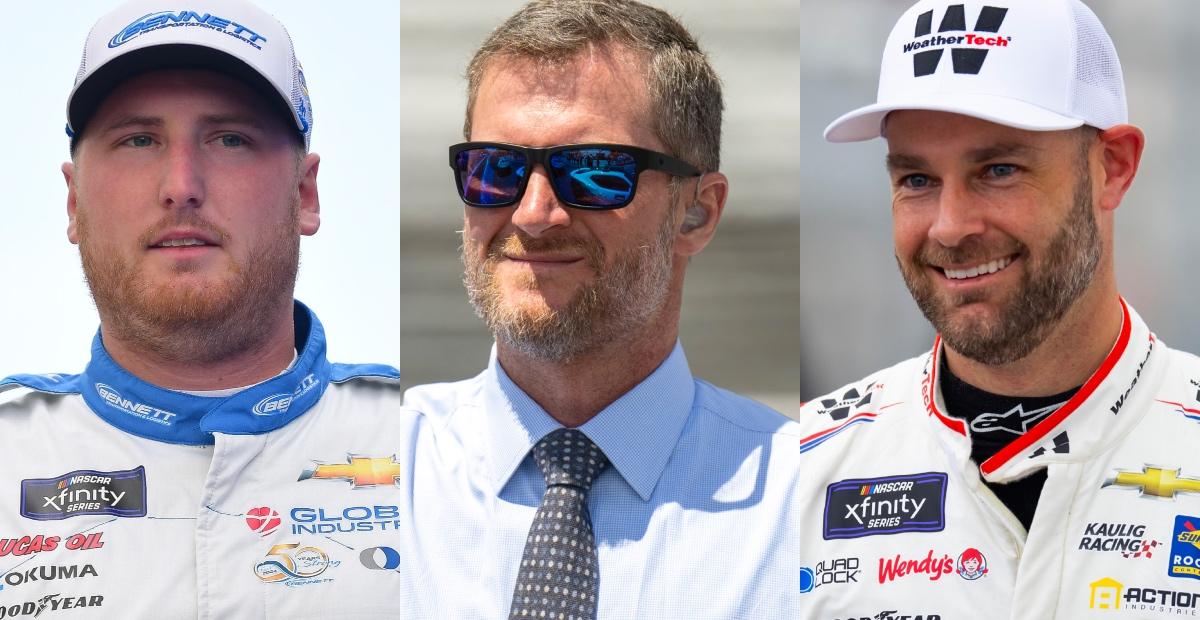
Superspeedway racing, like that at Daytona and Talladega, is a unique beast in NASCAR. The draft, where cars align closely to gain aerodynamic advantages, often dictates the outcome. Drivers must make split-second decisions about whom to push and when, balancing team goals with manufacturer alliances. Earnhardt’s stance highlights a reality that fans and drivers alike grapple with: in the heat of competition, team loyalty often trumps broader allegiances. His comments underscore the delicate dance of drafting, where one push can make or break a race. “So, I tell my guys: if you want to run second, help Austin Hill,” Earnhardt explained. “If you push him out into the lead with a couple laps to go, he’s hard to get around. Your chances of winning the race go down.”
Hill’s frustration, while understandable, reflects the murky etiquette of superspeedway racing. Manufacturer alliances, such as those between Chevrolet teams like JRM and Richard Childress Racing, are expected to foster cooperation. Yet, as Earnhardt pointed out, team owners are paid to prioritize their own cars. Hill’s accusation of JRM working with Toyota or Ford drivers over Chevrolet teammates stung, but Earnhardt’s response clarified that JRM’s choices were about maximizing their shot at the checkered flag, not snubbing a fellow Chevy driver. The irony, as Earnhardt noted, is that helping Hill could mean handing him the win, given his track record. “This wasn’t about withholding out of pettiness,” Earnhardt said. “It was about common sense.”
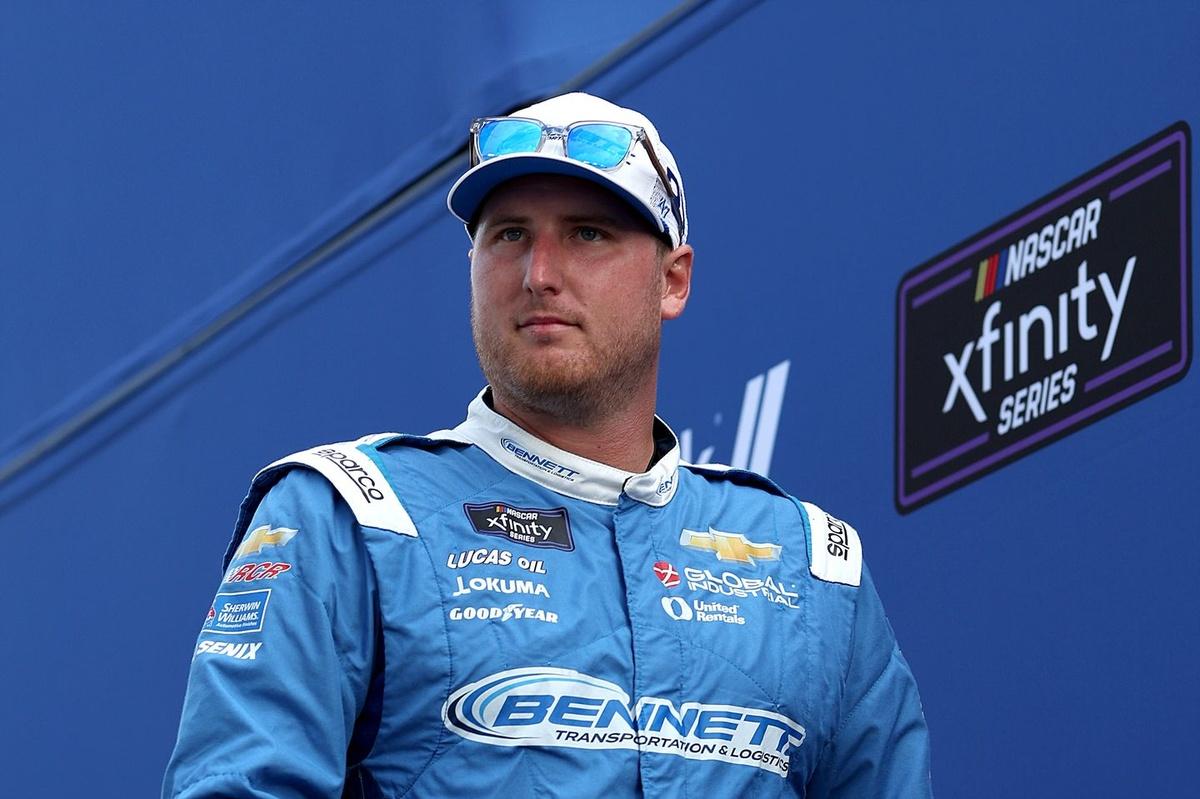
The debate has sparked broader conversations about the nature of alliances in NASCAR. Fans have taken to social media to weigh in, with some supporting Hill’s call for more Chevrolet unity and others backing Earnhardt’s pragmatic approach. The clash highlights a tension that has long defined the sport: the balance between individual team goals and collective manufacturer interests. Earnhardt’s perspective, rooted in his decades of experience as both a driver and team owner, offers a sobering reminder that racing is as much about strategy as it is about speed.
Beyond the Hill controversy, Earnhardt used the podcast to propose a bold idea to shake up superspeedway racing. He suggested eliminating stage cautions entirely, arguing that the current system of artificial breaks disrupts the natural flow of competition. “No stage break caution, that goes away,” he said. “You still pay points out at certain moments in the race as we do today.” This proposal aims to enhance the racing experience by letting the draft and driver skill dictate the outcome, rather than predetermined interruptions. It’s a vision that could reinvigorate fan excitement, addressing long-standing complaints about stage racing diluting the sport’s raw intensity.
Earnhardt’s influence extends far beyond this single dispute. As a NASCAR Hall of Famer with two Daytona 500 wins and 15 consecutive Most Popular Driver awards, his voice carries weight. His role as a team owner and analyst keeps him at the forefront of the sport’s evolution, and his podcast has become a platform for shaping its future. By addressing Hill’s accusations and proposing changes to stage racing, Earnhardt is pushing for a NASCAR that balances tradition with innovation. His comments resonate with fans who crave authentic, unscripted racing moments, making his perspective a rallying point for those who want the sport to evolve without losing its soul.
The fallout from this controversy is far from over. Hill, despite his strong season with three wins and multiple stage victories, faces scrutiny for his aggressive driving style, which has led to incidents like the one at Indianapolis where he was suspended for wrecking Aric Almirola. Earnhardt’s defense of JRM’s strategy doesn’t absolve Hill but reframes the narrative, urging fans to consider the bigger picture. As the Xfinity Series heads toward the playoffs, Hill’s zeroed-out playoff points—due to his suspension—mean he’ll need to fight harder than ever to stay in championship contention. Meanwhile, JRM’s drivers, backed by Earnhardt’s strategic acumen, remain strong contenders.
For fans, this saga is a reminder of NASCAR’s enduring appeal: it’s a sport where raw talent, split-second decisions, and off-track drama collide. Earnhardt’s response to Hill’s accusations isn’t just about settling a score—it’s about peeling back the curtain on the strategic chess game that defines superspeedway racing. His candidness invites fans to think critically about what they see on the track, fostering a deeper appreciation for the sport’s complexities. As NASCAR looks to 2026, with changes like the O’Reilly Auto Parts Series sponsorship and a points-paying race at North Wilkesboro Speedway, Earnhardt’s influence will continue to shape the conversation.
This clash between Earnhardt and Hill is more than a fleeting headline; it’s a window into the heart of NASCAR. It’s about the choices drivers and teams make under pressure, the loyalties they navigate, and the strategies they employ to chase victory. As Earnhardt put it, helping a rival like Hill could mean settling for second place—and in NASCAR, second is rarely enough. With the playoffs looming and the sport evolving, all eyes will be on how this drama plays out, both on the track and in the minds of fans glued to every lap.

